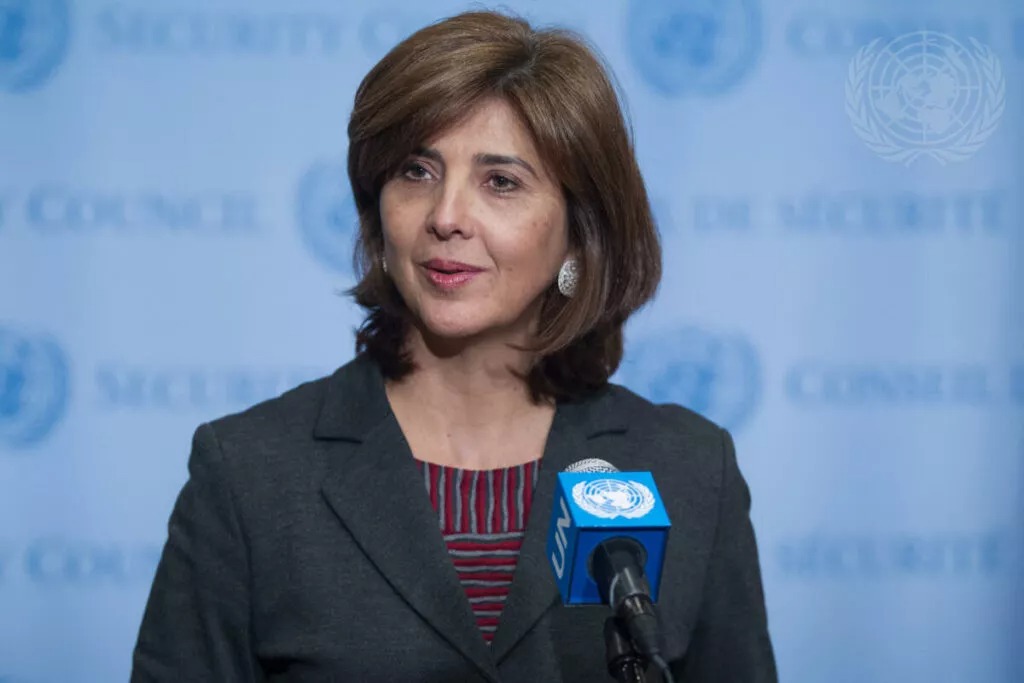One can only hope that Ms Holguin sees and understands more than those of us who have been stewing in our juices for so long, experiencing one critical phase of the Cyprus problem after another.
We have reached a point where we don’t take seriously what our leaders and politicians say about the national issue, nor what we say to each other.
However, one can’t help but wonder when hearing the personal envoy of the UN Secretary-General say that ‘civil society wants the process to move forward and leaders should listen to them.’
It is understandable to a degree that Ms Holguin has not yet realised—or does not want to publicly admit—that what is referred to as civil society elsewhere, in our context, especially when discussing the Cyprus issue, often resembles the Tower of Babel. This is meant metaphorically, of course.
It has been impossible for decades for us to agree and move in the same direction, even if a large majority. You might argue that we did so in 2004 with the 76% ‘No’ vote. Fine, but it was convenient that there were only two response options. What if there had been three or four?
Just a few days ago, some opinion polls were published, and it became apparent once more that we are a scattered protest as far as our ‘preferences’ are concerned. A strong desire for a ‘unitary state’ remains, even if no one is proposing it except for a significant portion of the Greek Cypriot community.
A substantial percentage still favours a bizonal, bicommunal federation, even though we have been stuck in a narrow impasse since 2017, effectively trampling on the last vestiges of optimism. A steady proportion also supports the two-state solution, as well as the status quo, which is not on the table as a proposal. We used to get angry when Turkey and the occupied territories told us ‘everything is on the table’; now we informally do it ourselves.
And suddenly, Ms Holguin emerges from the Presidential Palace to tell us, “I listen to civil society, I listen to the private sector. I have had many meetings, and my impression is that everyone wants to move forward and for something to happen on the island. I hope that the leaders will listen to the people, to civil society.”
If the envoy of Mr Guterres means that civil society is tired of the impasse and stagnation and simply wants something to happen to wake us up, we could accept that. But if she means that civil society (“everyone”, she said) wants to find a solution within the UN framework, etc., then we must show understanding for her ignorance of the famous ‘schools of thought’ on resolving the Cyprus issue that has been locked in combat for decades—both in the free and occupied areas—or we must consider that, as a diplomat, she will soften the edges when speaking to the public; she will exaggerate a little until she can untangle the knot that the UN Secretary-General has given her.
What is more important is what the envoy says in her meetings with the President, Tatar, and foreign government officials. And what she hears from them!
So, one can only hope that Ms Holguin sees and understands more than we do. Something less pessimistic.
For now, however, it appears, even from the public statements of the main protagonists, that while Ms Holguin might not be hearing exactly what she wants from one of her key interlocutors, it seems certain that she is hearing horrors from the other. Will she ever publicly denounce this? Will Mr Guterres?
Because ostracising Tatar is a priority. And he doesn’t seem too sharp to avoid it.






